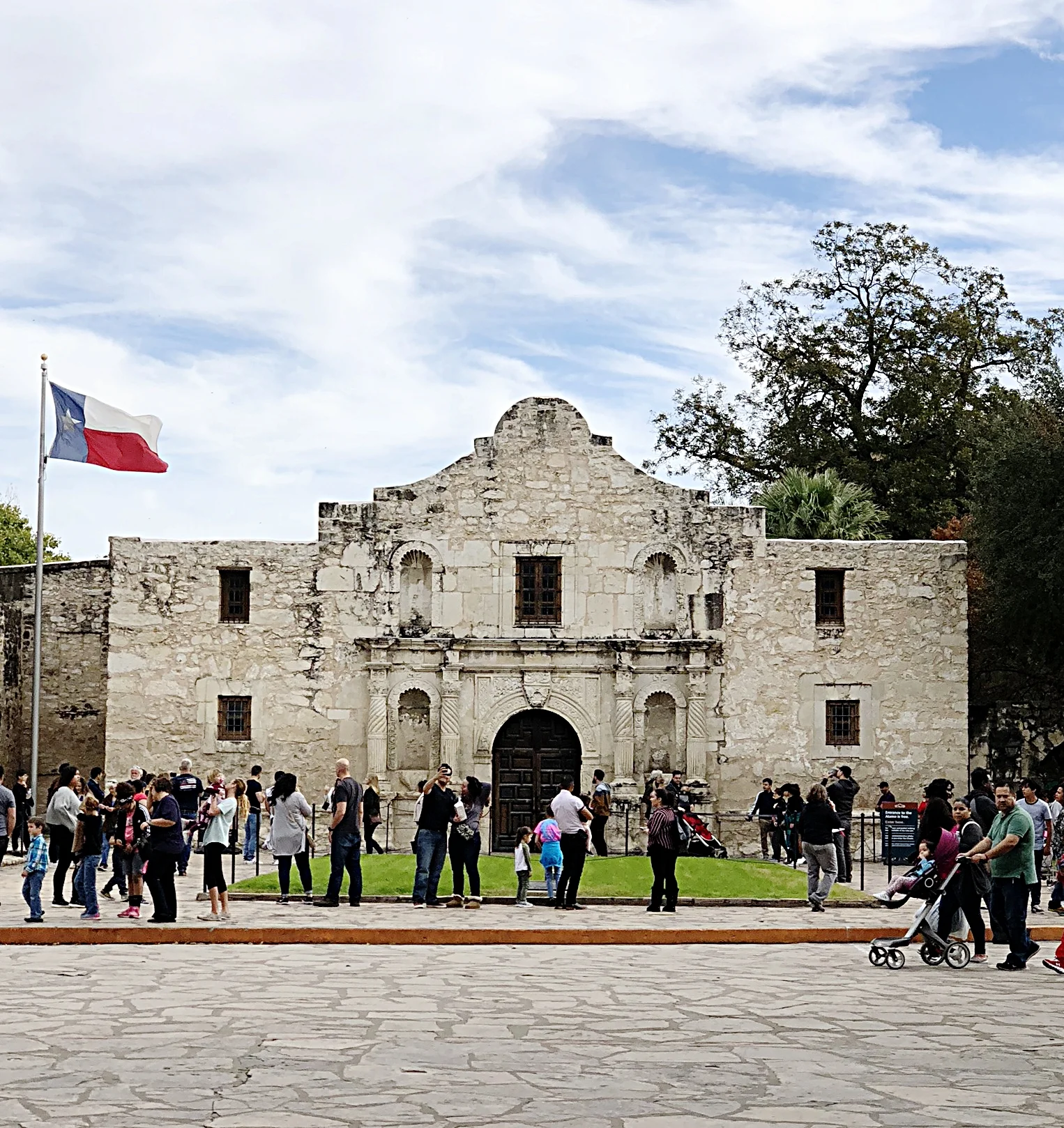Monticello and Thomas Jefferson
We visited Monticello on a crisp, clear day. Thomas Jefferson, like George Washington, was a Virginian and a plantation owner. Unlike Washington, Jefferson was an intellectual, avid reader in multiple languages, inventor, food and wine lover, and amateur scientist. A complicated and complex man who authored the Declaration of Independence, served as the country’s first Secretary of State, Vice President and as the third President. His ideals,enshrined in the Declaration of Independence, did not stop him from holding slaves, or from fathering multiple children with one of his own enslaved people.
Jefferson also founded the University of Virginia, the first non-religiously affiliated university in the country. He was very proud of his role in enforcing religious freedom in Virginia. The history and the beauty of Monticello, as well as the opportunity to see his inventions first hand were amazing.
I was still left struggling with the puzzle of how a man of such intellect and belief in freedom and liberty for all, could justify being a slave owner. The reality show for today would have written itself. Jefferson’s father in law entered into a relationship with his slave, Sally Hemmings’ mother, after his wife died. She bore him 6 children, one of them being Sally. So Sally Hemmings and Martha Jefferson were half sisters. After Martha Jefferson’s death, Thomas Jefferson began a relationship with Sally Hemmings, who bore him 4 children that lived. Now, that would make Jefferson’s “official children” and his children with Sally cousins, as well as half siblings.
Standing tall to greet the many
Jefferson did not follow Washington’s example in freeing his slaves, although he did free his children by Sally Hemmings. Monticello, owned by a foundation, has recently added not only a tour on slavery at the plantation, but a Sally Hemmings exhibit and deal with the issues honestly.
As the tour guide told us, “I like my history neat and tidy. But it is not.” Jefferson was a complicated and complex man. A founding father of our nation, an intellectual luminary, yet a flawed human being. The highlight of the whole day was listening to a teacher with her middle school students. “What do you think of Jefferson now that you know these facts?” Student 1, well it was the norm back then. Student 2, well just because it was the norm...Student 3, shouldn’t we judge people by what the times were like? ....I sure wish we had learned history like this. Dialogue, engagement, and not just memorization. Progress.









